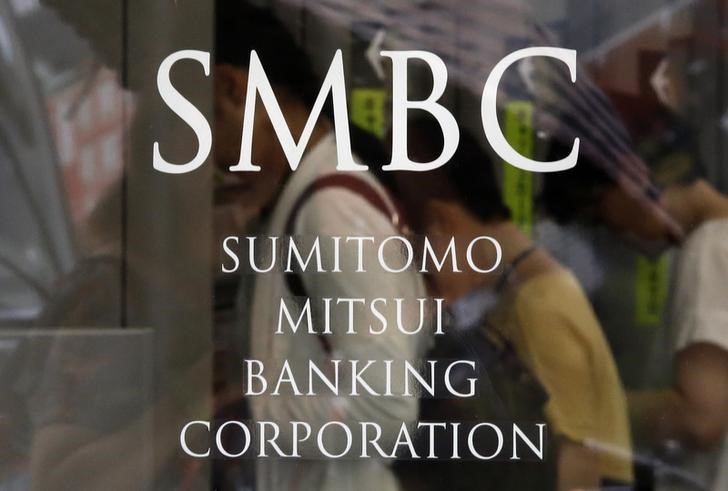By Saif Hameed
BAGHDAD (Reuters) - Iraq's private banks are pinning hope on the oil-rich government to bring back into the black their balance sheets severely affected by Islamic State's take over of parts of the country.
In an interview with Reuters on Monday, Iraqi Private Banks' Association President Ali Tareq said that several lenders would not be able to pass a stress test of international standards at their current level of capitalization.
``Collectively, banks have lost nearly 100 branches in hot areas with all their assets, funds, buildings, everything without any compensation,'' he said. ``If a stress test is held currently, it should take into consideration the current situation of the country and the Iraqi banking sector.''
The weakness of the private banks does not affect the banking sector as a whole, dominated by state-owned banks feeding on business from the oil-rich country's government.
But it is a setback for government efforts to develop the private sector and reduce the OPEC nation's reliance on oil.
As a way to reinvigorate private lenders, the central bank may offer them the possibility of setting up a 500 billion Iraqi-dinar fund that will invest in the government's ''strategic infrastructure projects'' like housing, transport and sewage projects, Tareq said.
The government would thus provide the banks with a steady stream of business that will help restore their balance sheets.
``The central bank is in the final steps, it has sent a letter to the participant banks to determine their shares, all banks are allowed to participate,'' Tareq said. ``Other than levying interest, the banks will be engaged in long-term, guaranteed projects.''
Other than damage to the assets of the banks and the banks clients, the militants' sweeping advance across northern and western Iraq also caused a rush on liquidity that weakened the leaders. People got worried that they would no longer be able to access their money deposited in banks. Iraq relies almost entirely on cash for day-to-day transactions.
Iraq has been prey to war and insurgency since the overthrow of Saddam Hussein in 2003. As a result, Iraqis are reluctant to use banks in case violence prevents them accessing their cash or restrictions are placed on withdrawals.
Private banks suffered a lot more than the state owned banks that relied on government liquidity and transactions to stay afloat throughout the 36 years of wars and sanctions that the country went through.
Iraq's state-owned banks -- Rafidain, Rasheed, Agriculture, Industrial, Real Estate and the Housing Fund -- control together 86 percent of total deposits or $48 billion, while the 45 private banks share the remaining 14 percent, or $7 billion, said Tareq.
``There were many withdrawals of deposits by citizens because the circumstances at the time required that they have liquidity,'' said Tareq. ``Bank transactions were dealt a heavy blow at the same time, as lending and letters of credit'' to the private sector ``decreased as the government executed fewer projects,'' he added.
